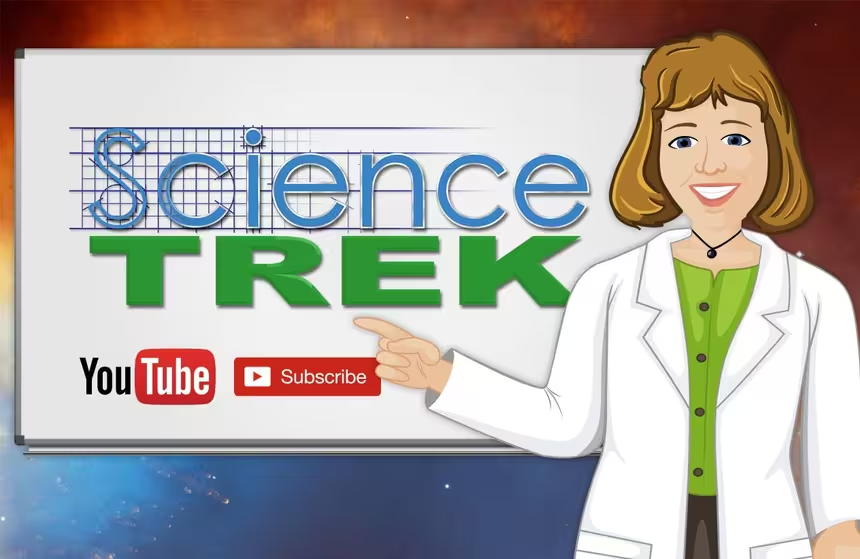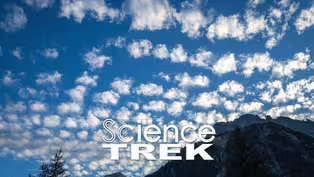
Weather: Can Animals Predict the Weather?
Clip: Special | 1m 4sVideo has Closed Captions
Can animals predict the weather?
We usually rely on scientists to predict the weather, but sometimes nature can tell us what the weather will do.
Problems playing video? | Closed Captioning Feedback
Problems playing video? | Closed Captioning Feedback
Science Trek is a local public television program presented by IdahoPTV
Major Funding by the Laura Moore Cunningham Foundation and the Idaho National Laboratory. Additional Funding by the Friends of Idaho Public Television and the Corporation for Public Broadcasting.

Weather: Can Animals Predict the Weather?
Clip: Special | 1m 4sVideo has Closed Captions
We usually rely on scientists to predict the weather, but sometimes nature can tell us what the weather will do.
Problems playing video? | Closed Captioning Feedback
How to Watch Science Trek
Science Trek is available to stream on pbs.org and the free PBS App, available on iPhone, Apple TV, Android TV, Android smartphones, Amazon Fire TV, Amazon Fire Tablet, Roku, Samsung Smart TV, and Vizio.

Science Trek
Science Trek is a place where parents, kids, and educators can watch short, educational videos on a variety of science topics. Every Monday Science Trek releases a new video that introduces children to math, science, technology, engineering, and math (STEM) career potentials in a fun, informative way.[MUSIC] Joan Cartan-Hansen, Host: Scientists use lots of tools to forecast the weather.
But maybe you can look at nature to find out what the weather's going to do.
Before it rains, ants move to higher ground, birds and bees often head back to their hives and nests, and frogs croak more and louder.
Before tropical storm Gabrielle, scientists found sharks moved into deeper waters well before the storm hit.
Plants react to the weather too.
[RAIN FALLING] Daisies close up their petals during the day when rain is coming.. And so do pine cones.
And when humidity rises before a heavy downpour, the leaves on trees like maples will soften So they can survive in the upcoming winds.
But perhaps the most famous natural weather forecaster is Punxsutawney Phil.
Believers in this ground hog say if he sees his shadow on February 2nd, then we are in for six more weeks of winter.
Sadly, Punxsutawney Phil's forecasting skills aren't that good.
He's right only about a third of the time.
For more information about the weather, check out the science trek website.
You'll find it at science trek dot org
Video has Closed Captions
Clip: Special | 1m 4s | Learn how to identify the clouds in the sky. (1m 4s)
Providing Support for PBS.org
Learn Moreabout PBS online sponsorship
- Science and Nature

Explore scientific discoveries on television's most acclaimed science documentary series.

- Science and Nature

Capturing the splendor of the natural world, from the African plains to the Antarctic ice.
Winnipeg In Bloom











Support for PBS provided by:
Science Trek is a local public television program presented by IdahoPTV
Major Funding by the Laura Moore Cunningham Foundation and the Idaho National Laboratory. Additional Funding by the Friends of Idaho Public Television and the Corporation for Public Broadcasting.
